The human pancreas is a physiologically unique organ as it is both an exocrine and endocrine gland. Several human diseases associated with the pancreas, such as pancreatic andenocarcinoma or diabetes mellitus, demonstrate its physiological importance. Unfortunately, its high autolytic activity makes the pancreas a challenging tissue to study. In the context of the EU H2020 project, ESPACE, we teamed up with seven excellent researchers in Europe to create the first Human Cell Atlas of the Pancreas. The ESPACE partners will provide networking activities along four major lines: 1) procurement and harmonization 2) transcriptomics and epigenomics 3) spatial proteomics 4) data management. We will integrate molecular profiles from more than 1 million single cells together with tissue spatial proteomics allowing to address fundamental questions of cell state and phenotype in healthy adults, type 2 diabetes and during human foetal development.
Further information can be found on the ESPACE Webpage

Due to high autolytic activities, it is challenging to investigate the pancreas at the transcriptome level. In this paper, the authors overcame these limitations by using single-nuclei from frozen tissues, and generated a comprehensive Human Cell Atlas of the Pancreas including more than 120.000 cells, leading to the discovery of new cell states in health and disease. Moreover, in situ sequencing approaches revealed how cell types are spatially organised within pancreatic tissues. Taken together, this work provides new insights into how the pancreas works in homeostasis and it will open new avenues to better understand the aetiology of pancreatic diseases.
Please see also the BIH press release
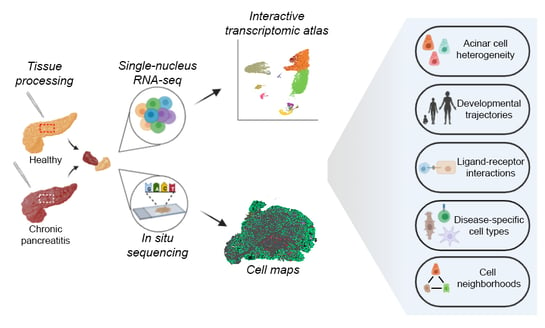
Tosti et al. (2020): Single nucleus and in situ RNA sequencing reveals cell topographies in the human pancreas. Gastroenterology

Service description goes here. Lorem ipsum dolor sit amet, in falli deterruisset pri, utroque ponderum pertinax an vis.

Service description goes here. Lorem ipsum dolor sit amet, in falli deterruisset pri, utroque ponderum pertinax an vis.

Service description goes here. Lorem ipsum dolor sit amet, in falli deterruisset pri, utroque ponderum pertinax an vis.

Service description goes here. Lorem ipsum dolor sit amet, in falli deterruisset pri, utroque ponderum pertinax an vis.

Service description goes here. Lorem ipsum dolor sit amet, in falli deterruisset pri, utroque ponderum pertinax an vis.

Service description goes here. Lorem ipsum dolor sit amet, in falli deterruisset pri, utroque ponderum pertinax an vis.

Service description goes here. Lorem ipsum dolor sit amet, in falli deterruisset pri, utroque ponderum pertinax an vis.

Service description goes here. Lorem ipsum dolor sit amet, in falli deterruisset pri, utroque ponderum pertinax an vis.
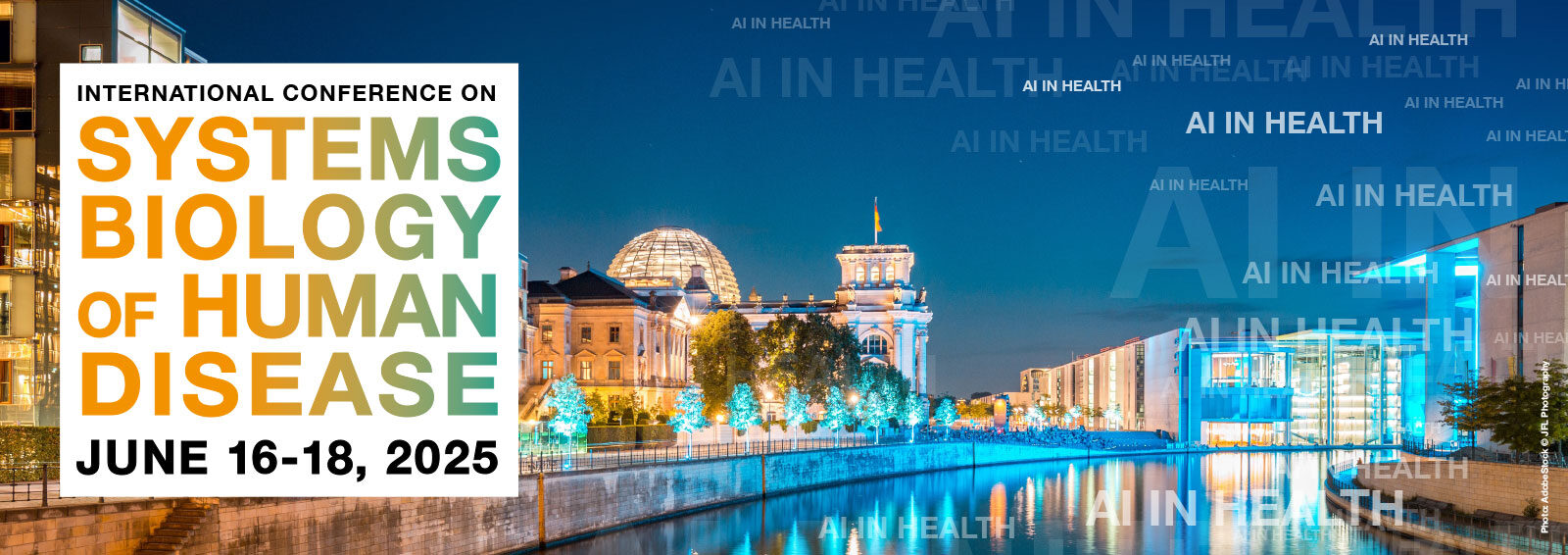
The Digital Health Center once again organises the INTERNATIONAL CONFERENCE ON SYSTEMS BIOLOGY OF HUMAN DISEASE – SBHD 2025 in Berlin from June 16-18. Don’t miss this opportunity to participate in a
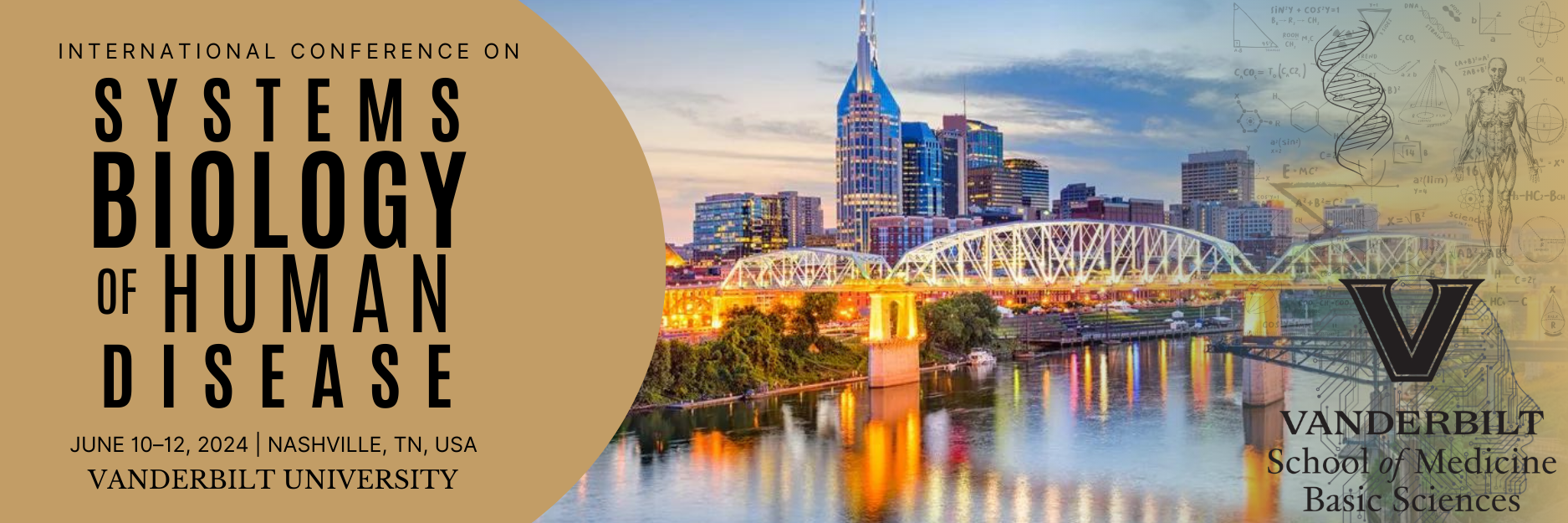
Our colleagues at Vanderbilt University organise the 16th INTERNATIONAL CONFERENCE ON SYSTEMS BIOLOGY OF HUMAN DISEASE – SBHD 2024 this year from June 10-12. Don’t miss the opportunity to participate
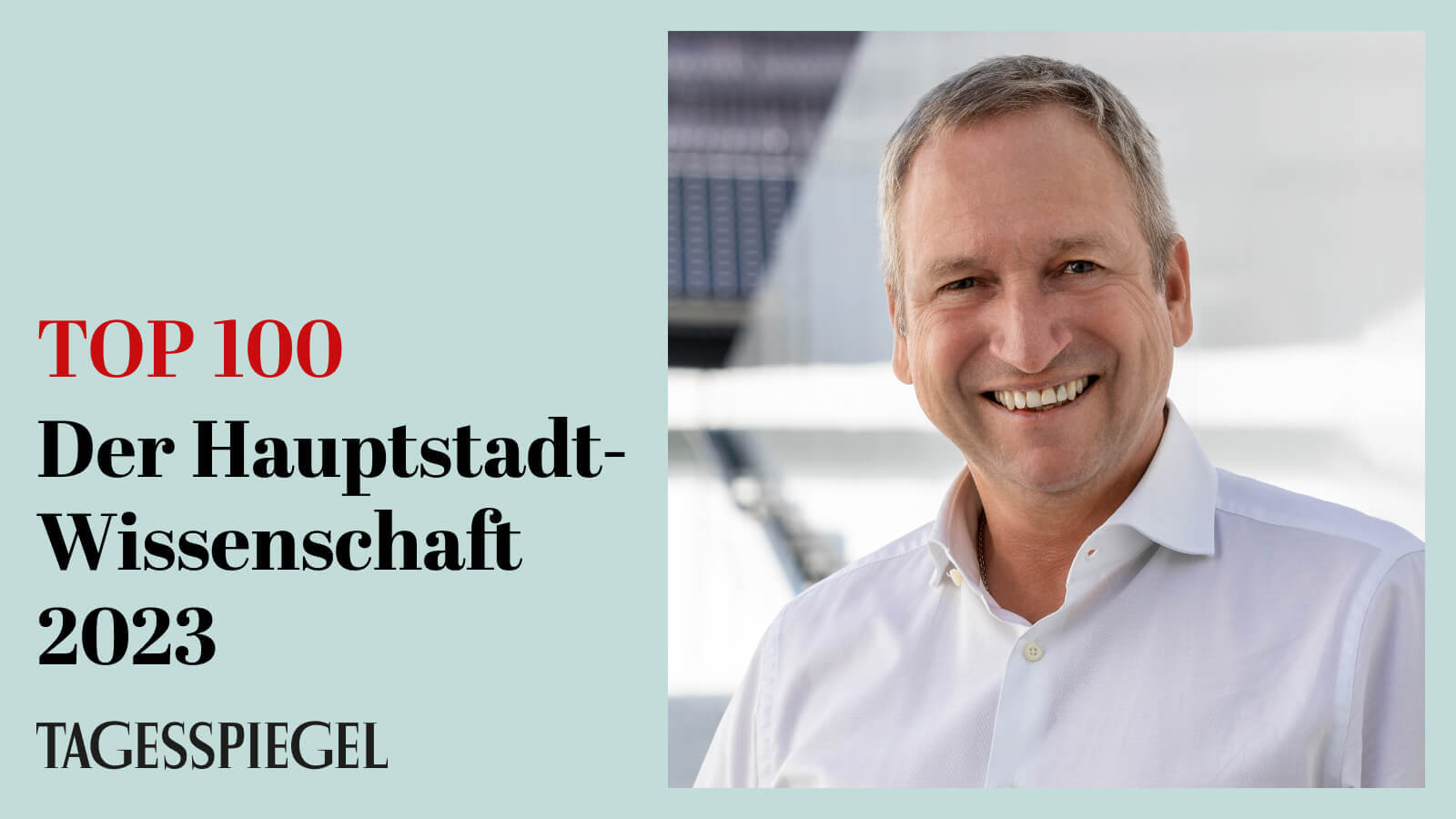
Am 11.10.2023 wurde Prof. Roland Eils im Tagesspiegel als einer der 100 wichtigsten Köpfe der Hauptstadt-Wissenschaft gewürdigt. So schreibt der Tagesspiegel: "Um Big Data dreht sich alles in der
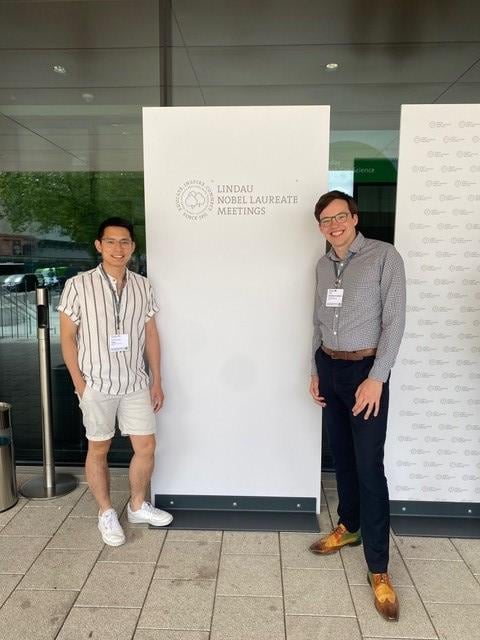
The Lindau Nobel Laureate Meetings are annual conferences where some of the brightest minds in science converge to exchange knowledge, foster collaboration, and inspire the next generation of
The Hub for Innovations in Digital Health (HiDiH) brings together two independent sites of excellent research and development in Berlin and in Heidelberg. HIDIH’s major branch in Berlin is the Center for Digital Health at the Charité and the Berlin Institute of Health (BIH).
If we caught your attention, you are interested in our work and would like to get in touch with us, please contact us via franziska.mueller@bih-charite.de


